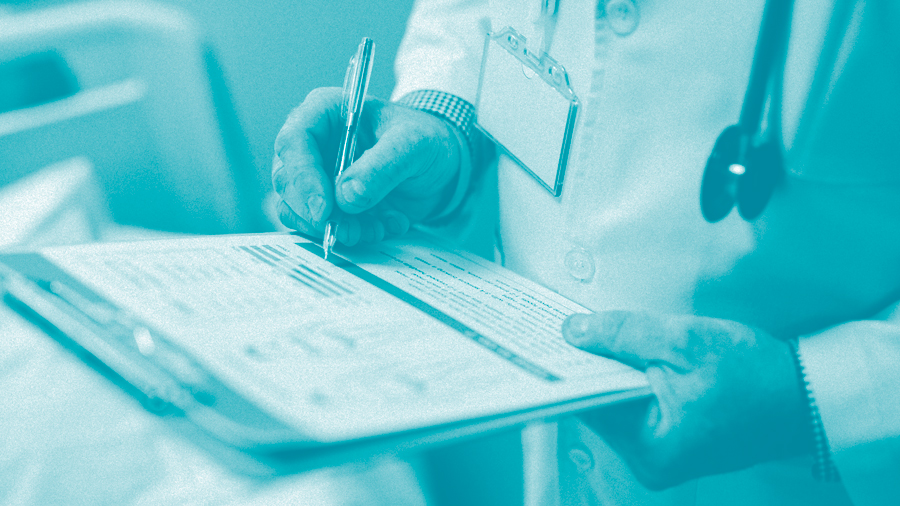Recovering From Opioid Addiction With Medication-Assisted Treatment
According to the National Institute on Drug Abuse, more than 2.5 million Americans struggle with opioid addiction on any given day. Every year, tens of thousands of individuals die from the disorder. Opioids are powerful drugs and may include heroin or prescription medications such as Fentanyl, Codeine, Morphine, Hydrocodone and Oxycodone. The addiction itself is destructive, but it can also lead to several life-threatening consequences such as HIV and Hepatitis. For these reasons and countless others, it is imperative that drug-addicted individuals get the professional help they need to recover from their addictions and move on with their lives. If you or a loved one struggles with drug addiction, you can prepare for detox by learning more about what the recovery process entails.
Medication-Assisted Treatment for Opioid Addiction
Family and friends of opioid-addicted individuals may view drugs as the enemy, but the truth is that body needs drugs to safely detox. When the body becomes dependent on opioids, it physically needs them to remain healthy. Without drugs in the system, an addicted individual may become violently ill. This sickness is known as withdrawal.
Nausea, vomiting and diarrhea are all hallmark signs of opioid withdrawal. However, as any person who has gone through withdrawal before will tell you, those symptoms are just the beginning. Withdrawal symptoms may also include the following:
- Anxiety
- Restlessness and/or insomnia
- Anxiety
- Excessive sweating and/or coldness
- Dilated pupils
- Increased heartrate
- Abdominal pain or cramping
- Muscle pain
- Tremors
In addition to the above symptoms, a person may also experience intense cravings which can only be satisfied with another fix. Each of these factors make detoxing from opioids extremely difficult.
Medication can help reduce symptoms and cravings associated with opioid withdrawal. As symptoms begin to subside, individuals can focus on other things, such as returning to a healthy lifestyle, rather than on their need for another fix.
Detox-Assistive Medications
It is important to note that drug recovery centers to not hope to cure an addiction by simply feeding it. Detox professionals use FDA-approved medications to help the body detoxify in a safe and regulated manner. According to the Substance Abuse and Mental Health Administration, there are three essential medications recovery centers use to aid in opioid detox:
- Methadone: Methadone is a synthetic analgesic drug that changes the way the brain and nervous system respond to pain. It also blocks the euphoric effects of opiates such as morphine, codeine and heroin.
- Buprenorphine: Buprenorphine also acts as a pain reliever and an opioid agonist, as it blocks the effects of dangerous narcotics while simultaneously reducing the symptoms of withdrawal.
- Naltrexone: Naltrexone is another opiate antagonist that helps to block the feel-good effects of opiates and therefore decreases the desire to use.
Health care professionals may use a combination of medications to aid in detox.
Medication-Assisted Detox Is Not Widely Used
Despite the fact that studies and real-life examples prove that medication-assisted treatment is successful in helping individuals recover from opioid addiction, not very many treatment programs offer it. In fact, less than half of all privately funded substance abuse disorder programs offer MAT, and just one-third of patients enrolled in those programs receive it. The percentage of opioid treatment plans that include MAT fell from 35% in 2002 to 28% a decade later. The reason for this may be the simple fact that many treatment centers do not have the capacity to provide this highly specialized approach to opioid detox.
Behavioral Therapy in Combination With Medication
Centers that do have the capacity to provide medication-assisted treatment plans often combine behavioral therapy with medications. This whole patient approach helps to treat underlying mental health conditions that often play a role in patients’ addictions. Counseling also serves to help individuals cope with life post addiction and to ensure they do not relapse when faced with certain triggers.
If you or a loved one lives with opioid addiction, take the first step to recovery. Contact Clean Recovery Centers to learn more about our recovery process.
Sources:
Recent Posts


